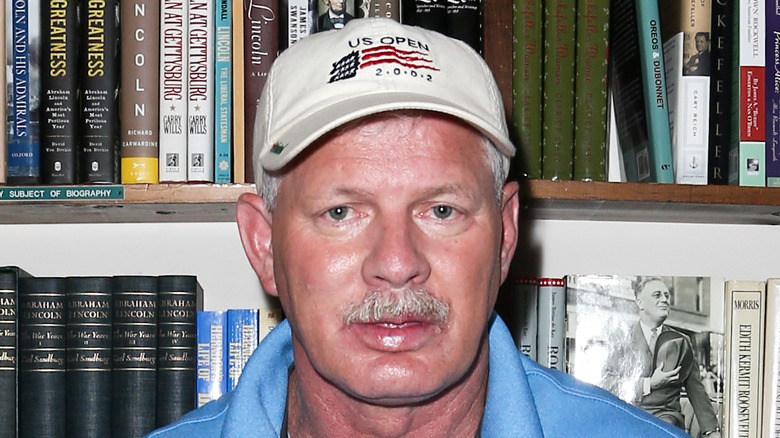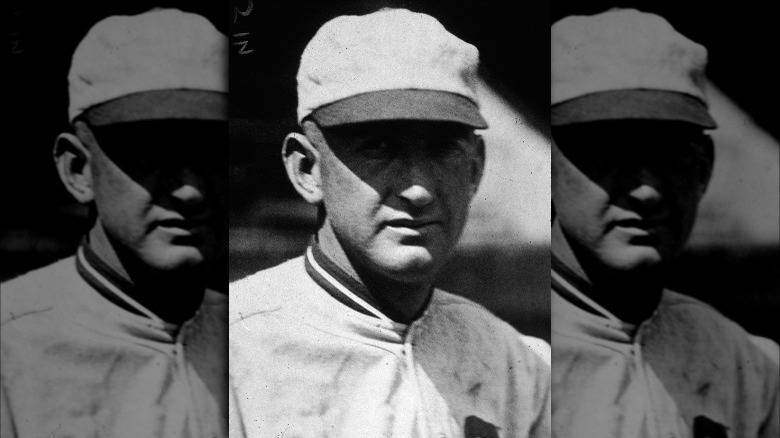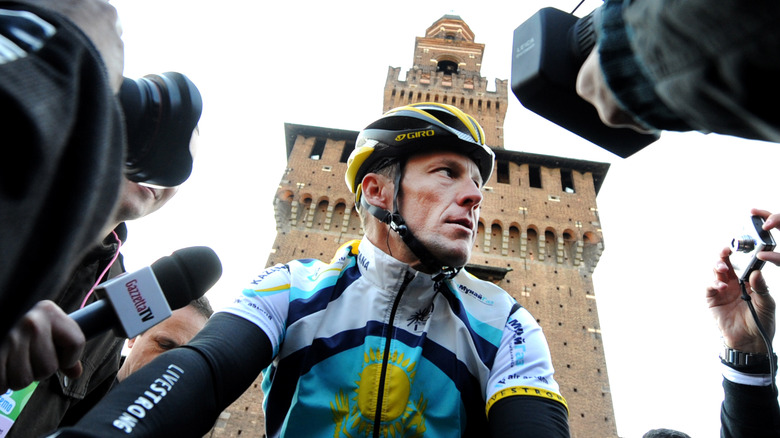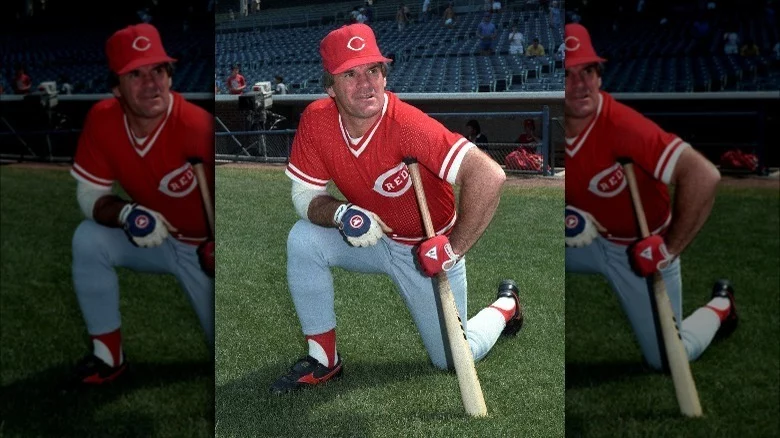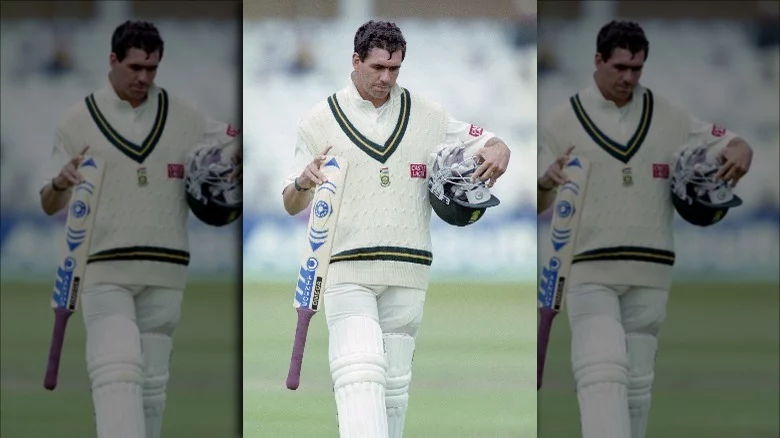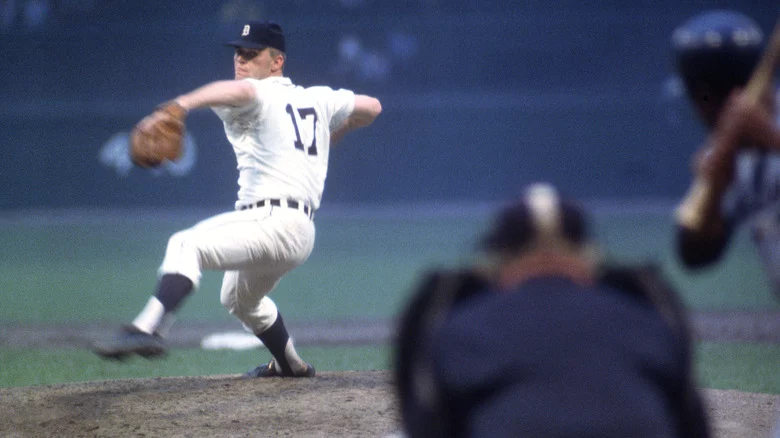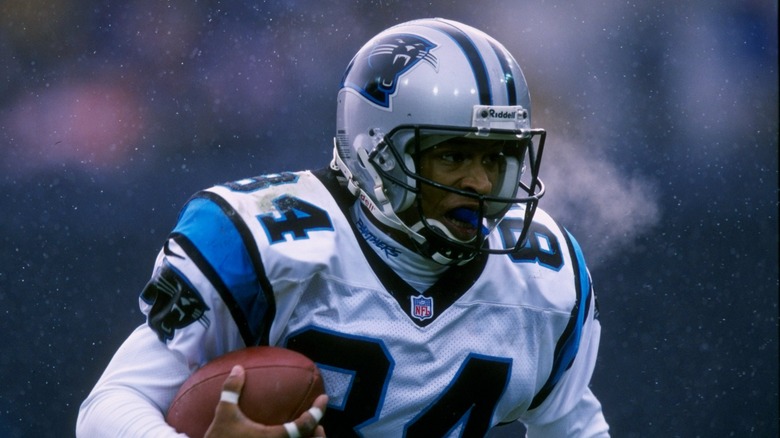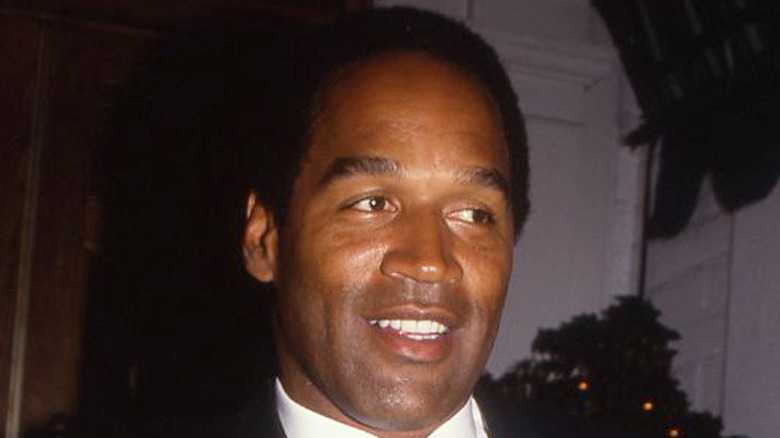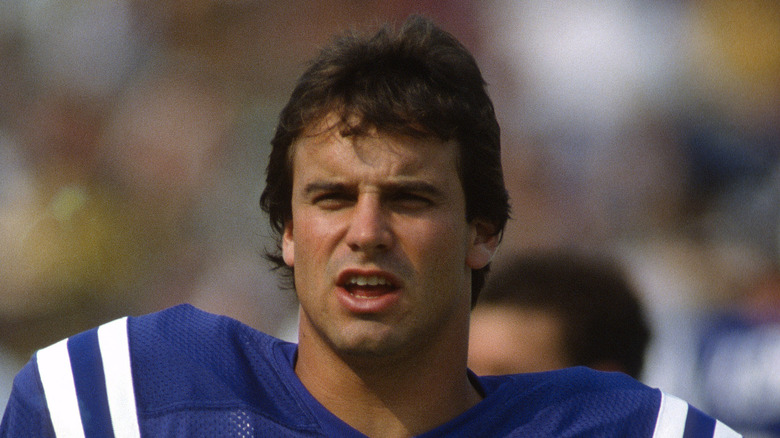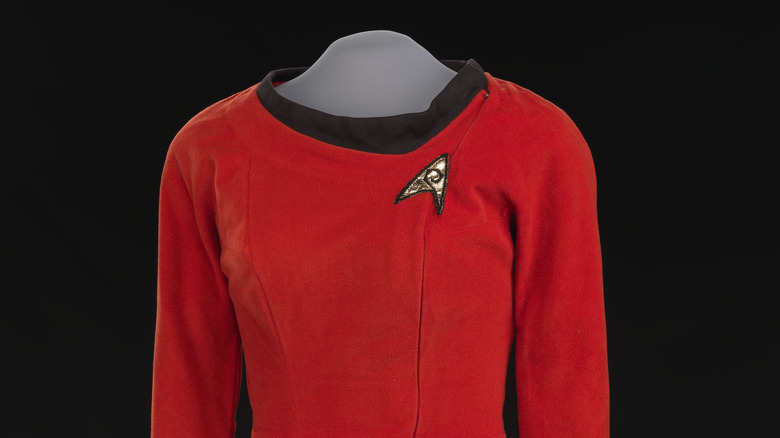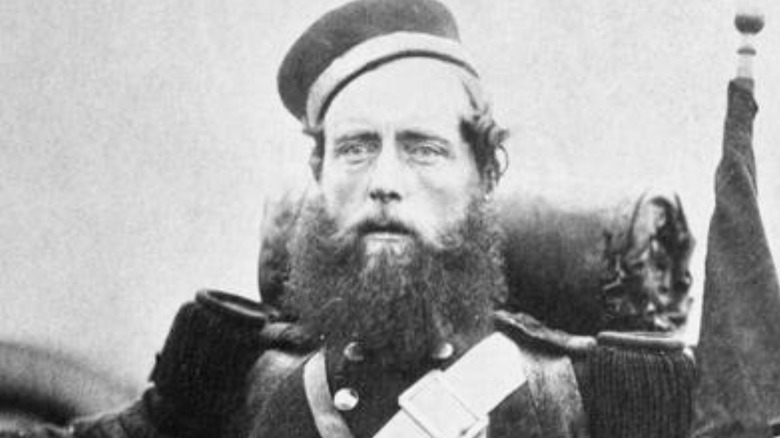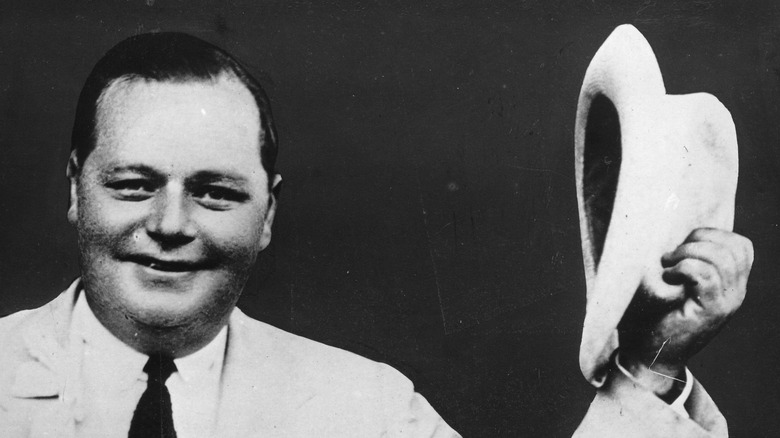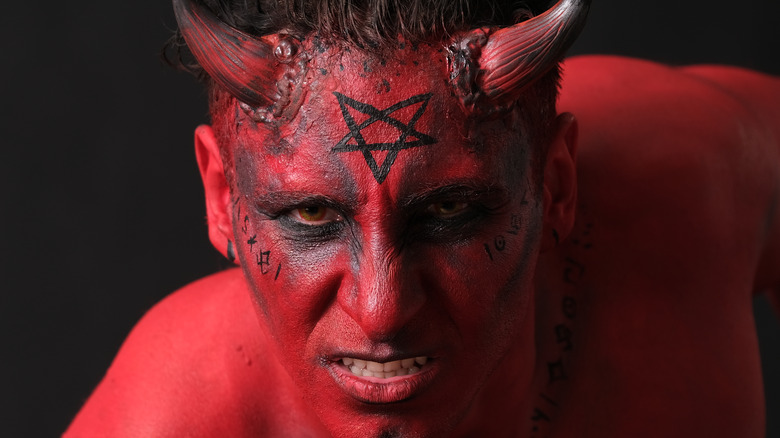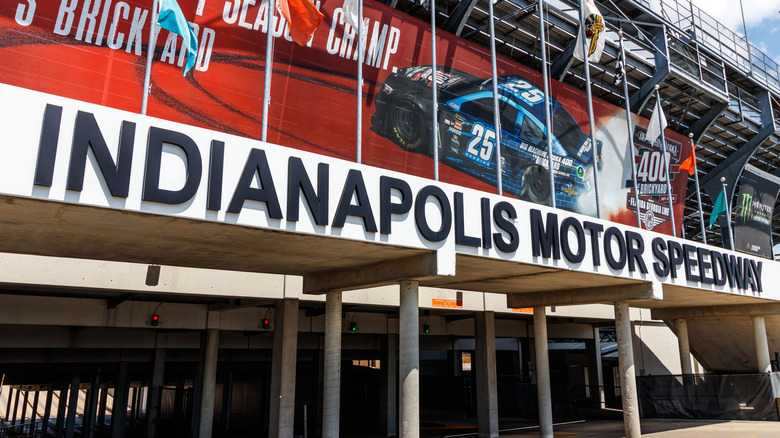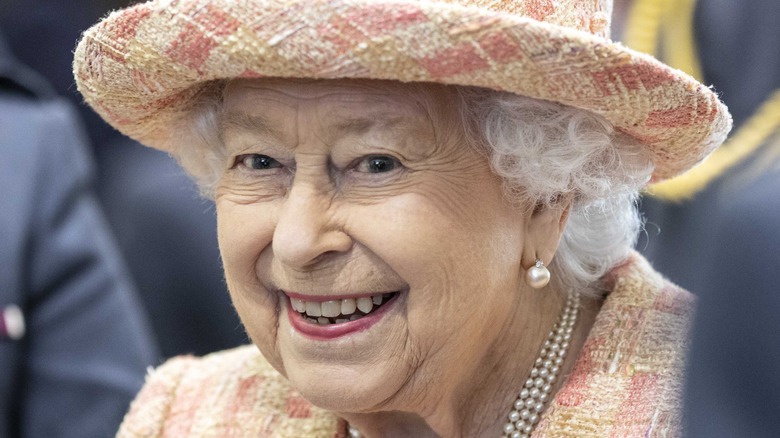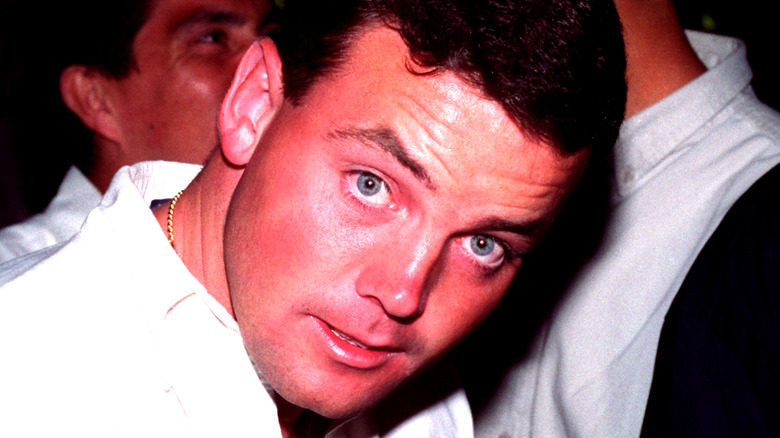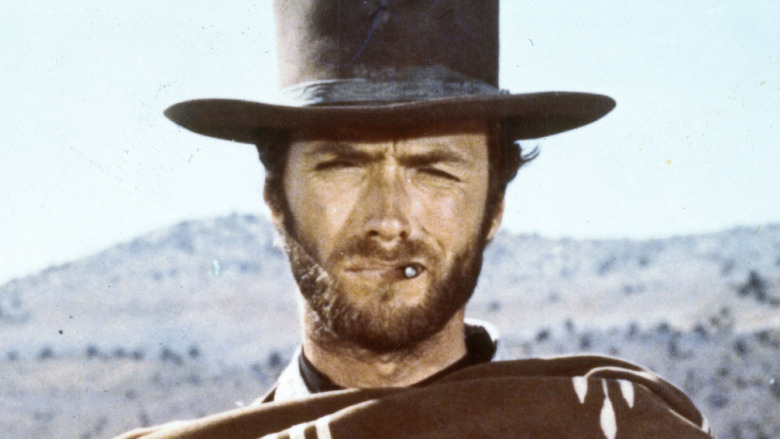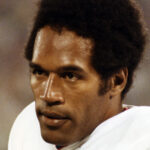
History’s Most Corrupt Athletes
Athletes thrill us with their physical prowess and skills, but there’s another element that is just as vital: integrity. Physical competitions rely on the premise that they’re fair, that everyone involved is playing by the same rules, and that no one has any sort of advantage unavailable to the others. Throughout history, one thing remains true about sports and athletic contests: Cheaters are reviled, and any hint that a competitor is less than honorable is serious business.
But physical talent doesn’t automatically grant someone a solid ethical foundation. Over the years, some very famous and successful athletes have demonstrated a less than perfect grasp of ethics, sportsmanship, and the law. Add in the money and fame that sometimes comes with being athletically gifted, and it isn’t too surprising that sometimes athletes can become almost breathtakingly corrupt and criminal.
Part of it is the adulation and leeway that star athletes experience. When you can do stuff that no one else can do, people tend to be very forgiving and give you a lot of second, third, and even fourth chances. That can lead some people to think they can get away with anything. But as this list of history’s most corrupt athletes proves, that’s not always true.
Lenny Dykstra: could've been a contender
Lenny Dykstra was an unlikely superstar. A gritty, hard-playing athlete, sure, but when Dykstra came up with the New York Mets in the 1980s, no one pegged him as a future franchise player. Then he bulked up, got traded to the Phillies, and became the baseball team’s driving force on their way to the 1993 World Series. At the height of his career, Dykstra was making more than $6 million a year.
After retirement, Dykstra sought to reinvent himself as a superstar businessman. As GQ details, Dykstra invested in a chain of car washes, which he sold for millions. Then he became something of a stock-picking guru, hired to be a columnist for TheStreet.com. That, in turn, inspired him to launch the Player’s Club, a magazine and brokerage company focused on helping professional athletes invest their money and plan for retirement. Everything seemed to be going great for the player nicknamed “Nails.”
But it was all a front for an increasingly corrupt life, fueled by a drug habit that Newsday reports began when he was still a player. The Player’s Club was a chaotic mess; according to Forbes, after getting the debut issue out the door, the company was drowning in debt. GQ reports that Dykstra started using his employees’ credit cards to cover his costs, and his descent continued from there. As reported by Sportscasting, by 2020, he had been convicted of grand theft auto, financial fraud, and indecent exposure, to name just a few of his crimes.
Marion Jones: from Olympic gold to money laundering
In 2000, Marion Jones was regarded as one of the greatest athletes in Olympic history. She’d just scored three gold and two bronze medals in Sydney, Australia. Although there were rumors that Jones was using illegal performance-enhancing drugs, there was no evidence, and she passed all of her drug tests until testing positive for a banned substance in 2006 — and even then, a follow-up test cleared her.
Jones had dropped out of competing to have a baby and did not perform up to her previous standards when she returned. Bleacher Report states that in 2003, Jones was accused of using drugs by Victor Conte, the head of the Bay Area Laboratory Co-Operative, which had supplied professional athletes with various steroid products. Jones sued and issued fierce denials.
The walls came down in 2007, when Jones admitted that she’d been doping for years and had lied about her involvement in a money laundering scheme. As reported by the Chicago Tribune, she was sentenced to six months in prison and was “all but broke” despite once being a millionaire with several lucrative endorsement deals.
The Black Sox: selling baseball's soul
If you think corrupt athletes are a modern affliction, think again. One of the most egregious examples dates back to the 1919 World Series.
As History reminds us, that was the year that eight members of the Chicago White Sox agreed to throw the World Series in exchange for a total payout of about $100,000 (roughly $1.5 million today). First basemen C. Arnold “Chick” Gandil met with gambler and gangster Joseph Sullivan, and then Gandil conveyed the scheme to his teammates Eddie Cicotte, Claude “Lefty” Williams, Charles “Swede” Risberg, Oscar “Happy” Felsch, Buck Weaver, Fred McMullin, and “Shoeless” Joe Jackson (pictured).
Vice reports that Buck Weaver was largely innocent (although involved in the very early stages, he quickly pulled out) but that he was accused and punished with the rest. Superstar Jackson, one of the greatest hitters of his generation, always insisted that he played his best, although he accepted about $5,000 from the gamblers. The Chicago Tribune notes that Jackson did hit .375 during the World Series, supporting his claim.
The players weren’t convicted of anything, in part because key evidence mysteriously disappeared. But baseball had recently installed a commissioner, Kenesaw Mountain Landis, who was determined to preserve the sport’s reputation. He banned all eight members of the Black Sox for life. None of them ever played pro baseball again, and they are remembered as some of the most corrupt athletes of all time.
Lance Armstrong: the world-class cheat
There was a point when Lance Armstrong was everyone’s favorite world-class athlete. His story was kind of amazing: Already a champion cyclist in his teens and early 20s, Armstrong was diagnosed with metastatic testicular cancer at the age of 25. After successfully battling the disease, he founded the Livestrong Foundation and went on to become the most dominant cyclist in history, winning seven consecutive Tour de France victories (as per ESPN).
But today we know that Armstrong wasn’t just a cheater — he was actually the ringleader of a sophisticated cheating scheme. As reported by the Washington Post, Armstrong admitted in 2013 that he’d used a wide variety of performance-enhancing drugs during his storied career. He was stripped of his Tour de France titles and banned from competition as a result. And he was spectacularly corrupt. As reported by Reuters, Armstrong masterminded an elaborate cheating scheme for years, setting up doping labs in hotel rooms and bribing doctors and officials in order to escape detection.
According to USA Today, the U.S. Justice Department brought suit against him for “unjust enrichment.” Armstrong fought the suit but finally settled to pay just $6.65 million — a fraction of the fortune he’d built by cheating and a small amount of the $32.3 million paid to him over the years by the U.S. Postal Service, which had sponsored Armstrong’s Tour de France teams. They say cheaters never prosper, but it appears that Lance Armstrong did.
Pete Rose: the gambler
Pete Rose was undoubtedly one of the best players in baseball history. The all-time leader in hits with 4,256, he should have been remembered as a Hall of Fame-caliber athlete. Instead, he’s largely remembered as the guy so corrupt he actually placed bets on his own team.
According to History, it was an open secret that Rose had a gambling problem as early as the 1970s. But since he restricted his bets to horse racing and other sports, it was considered a personal issue and had no effect on his playing and managing career. That all changed in 1989, when Rose was manager of the Cincinnati Reds. He was accused of not just betting on baseball but betting on the team he was managing. As a result, Rose was banned for life from the game and is ineligible for the Hall of Fame.
Rose claimed he’d never bet on baseball while he was playing, but ESPN reports that a notebook kept by one of Rose’s associates shows that he did, in fact, bet on baseball while still a player, including on his own team’s games.
Rose has always maintained that he only bet on his team to win, implying that there would be no reason for him to throw a game, as it would be against his own interests. But considering that he’s been caught lying about the charges, it’s easy to believe that he might be that corrupt.
Hansie Cronje: the most corrupt cricketer of all time
Unless you’re a big fan of cricket, you might not know the name Hansie Cronje, but he’s easily one of the most corrupt athletes ever. Basically, he never met a match he couldn’t be paid to throw. And it may have gotten him murdered.
As reported by Gambling.com, Cronje was a hero to South African sports fans and was captain of the national cricket team in the 1990s. He was first approached by gamblers about throwing a cricket match in 1995, and he refused. But just a year later, Cronje accepted $30,000 to persuade his teammates to throw the match. Cronje was so corrupt that he didn’t actually convey the offer to his teammates — he kept all the money, and they lost anyway.
Cronje had apparently found his true love — money. As the Guardian reports, he had no fewer than 72 bank accounts in the Cayman Islands. He admitted to accepting at least $130,000 from gamblers to throw matches between 1996 and 2000, but it’s widely suspected that he accepted a lot more money, threw a lot more matches, and convinced a lot more players to cheat. In fact, some suspect that Cronje’s death in a plane crash in 2002 wasn’t an accident but a planned murder to make sure the secrets he knew about corruption in the sport stayed unspoken.
Denny McLain: the Cy Young loan shark
Denny McLain was once a baseball superstar. The last major league pitcher to win 30 games in a season, he won back-to-back Cy Young Awards in 1968 (when he was also named the league’s MVP) and 1969.
As Baseball Prospectus reports, just a year later, everything had gone wrong for McLain. In 1970, McLain’s involvement with a bookmaking scheme run by the Syrian mob was revealed, and McLain was temporarily suspended from baseball despite denying (most of) the charges. Without his income from the sport, McLain declared bankruptcy, and when he returned to the game, he wasn’t the same. He lost 22 games in 1971 and was out for good by 1972.
It’s been a long, slow slide into total corruption since then. According to the Society for American Baseball Research, McLain hustled golf for a while, then began a loansharking business, and even smuggled a wanted criminal out of the country in his airplane for $160,000. In 1985, the Los Angeles Times reported that McLain had completely broken bad and was sentenced to 23 years in prison for racketeering, conspiracy, extortion, and attempting to sell 3 kilos of cocaine. He was released after 27 months, but, as noted by the New York Times, in 1996, McLain was convicted of money laundering, conspiracy, theft, and mail fraud in a pension fraud scheme. At this point, it’s easier to ask what crimes Denny McLain hasn’t committed.
Evangelos Goussis: the wannabe gangster
Evangelos Goussis, called Ange by his friends, was born in Greece and moved to Australia as a child. According to Sportscasting, he was a talented boxer who became a force in the light middleweight category in the 1980s, winning a string of bouts by knockout and coming very close to making the 1988 Olympics in Seoul. He pivoted into kickboxing and was just as good in that sport as well.
But, as the Sydney Morning Herald reports, Goussis never got free of bad influences. Even as his boxing career began to show promise, he continued to associate with local gangsters, working as a bouncer at a nightspot notorious for drug deals. He began working as a message boy for local drug dealers, assisted in an assault that saw him charged as an accessory to attempted murder, and was sentenced to 18 months in jail.
Once out of jail, Goussis made a comeback in boxing and seemed to be making a go of it until he started using drugs and hanging out with gangsters again, repeating his old corrupt patterns. In 2004, Goussis was charged with murder. He claimed self-defense but later recanted and blamed his co-accused. He was later found guilty of a second murder. Both killings were part of a gang war that claimed 36 lives.
The worst part? Goussis’ brother believed Ange did it all “more for pride than money.”
Rae Carruth: opting for murder instead of child support
Imagine you’re Rae Carruth. After a solid college football career, in 1997 you’re drafted in the first round and sign a $3.7 million deal with a $1.3 million signing bonus. You get injured the next year, but in 1999, you’re on the comeback trail.
Then, as reported by the Miami Herald, you start worrying over the child support you might have to pay a woman you got pregnant, so you decide to have her killed. Carruth already had one child by a previous girlfriend when he met Cherica Adams. According to Deadspin, Carruth was already paying $5,500 per month to the mother of his first child and chafed at the responsibility. His brilliant plan to avoid paying out more was to hire a man named Van Brett Watkins to murder Cherica before she gave birth to his child.
But what makes this a truly mind-bogglingly corrupt moment is the fact that Carruth participated directly in the murder. He and Cherica went out to the movies, but he insisted on taking separate cars. Driving home, he suddenly stopped in the road, forcing Cherica to stop behind him. Watkins pulled up alongside and shot her. Cherica died, but her unborn son, Chancellor, survived. Carruth attempted to flee to California but was arrested, tried, and convicted. He was sentenced to a minimum of 18 years and 11 months in prison.
Owen Hanson: from the gridiron to drug kingpin
Owen Hanson lived a charmed life. As described by Vice, his football career started almost on a whim: An assistant coach at the University of Southern California (USC) walked by while Hanson was lifting weights and suggested he try out. Hanson ran the 40-yard dash and demonstrated a 35-inch vertical leap at the tryout, and made the team seemingly without trying.
After college, he didn’t pursue a sports career, instead opting to go into business. Unfortunately, his business was mainly gambling and drugs. According to the Washington Post, Hanson — whose nickname was O-Dog — began dealing drugs while still at USC. He did his fair share of drugs, too, mainly cocaine. He was reportedly very good at the gambling business because he was very willing to be violent when someone owed him money.
Rolling Stone reports that Hanson was arrested in 2015 on two counts of drug trafficking, but this turned out to be just the beginning of the charges against him. When the dust settled, Hanson had been revealed as the leader of an international criminal organization that handled illegal betting, drug dealing, and money laundering. It was called O-Dog Enterprises. Hanson eventually pleaded guilty to racketeering and drug distribution charges and was sentenced to 21 years in prison.
O.J. Simpson: the endless downward spiral
In any discussion of the most corrupt athletes of all time, O.J. Simpson’s name is going to come up. Once a popular celebrity whose incredible athletic talent led to business opportunities and an acting career, Simpson’s career and life began spiraling downward in 1994. As Sportscasting explains, Simpson’s estranged wife Nicole Brown Simpson and her acquaintance Ron Goldman were brutally murdered. Simpson tried to run, leading police on an infamous car chase, but he ultimately was acquitted after a sensational and somewhat chaotic trial.
Vanity Fair reports that Goldman’s family was outraged, and brought a civil wrongful death suit against Simpson. In 1997, a jury found Simpson liable for the deaths of his wife and Goldman, ordering him to pay the Goldman family $33.5 million. Simpson slid further into corruption as he tried to evade consequences. He almost published an incredibly tasteless book describing how he would have committed the murders if he’d actually done it, but the Goldmans were awarded the rights to the book. Simpson began working hard to hide his assets, and in 2007, he entered a new phase of criminality when he hatched a scheme to steal back some memorabilia via the tried-and-true method of armed robbery.
Simpson was sentenced to 33 years in prison for the robbery and served nine, being released on parole in 2017.
Art Schlichter: grifter extraordinaire
Gambling addiction is a disease that has taken everything away from Art Schlichter. A once-promising football player who was the fourth overall pick by the Baltimore Colts in the 1982 NFL draft, Schlichter couldn’t resist the thrill of illegal gambling. According to the New York Times, he received a $350,000 signing bonus from the Colts, along with a low-interest loan of $125,000 from the team’s owner. By the end of the year, he owed all of it and more to his bookies.
Schlichter’s descent just continued from there. He was suspended from the NFL due to gambling in 1983. Worried that he would be asked to throw games, he called the FBI and confessed his gambling. That act of contrition gave him another chance in the NFL, but by 1987, he was out of the sport and was arrested for illegal betting. He almost turned it around — in the early 1990s, he signed with the Arena Football League and was the league’s most valuable player – but Schlichter never really stopped gambling. He has been in and out of jail for various crimes like writing bad checks, forgery, and fraud ever since.
As reported by the Indianapolis Star, the former quarterback was arrested in 2011 for a breathtakingly corrupt scheme in which he took money in exchange for hard-to-get tickets — to the Super Bowl, for example — except he simply kept the money and never had any tickets to sell. That scheme earned him an 11-year prison sentence.

Katie Ledecky: The Untold Truth Of The Olympic Swimmer
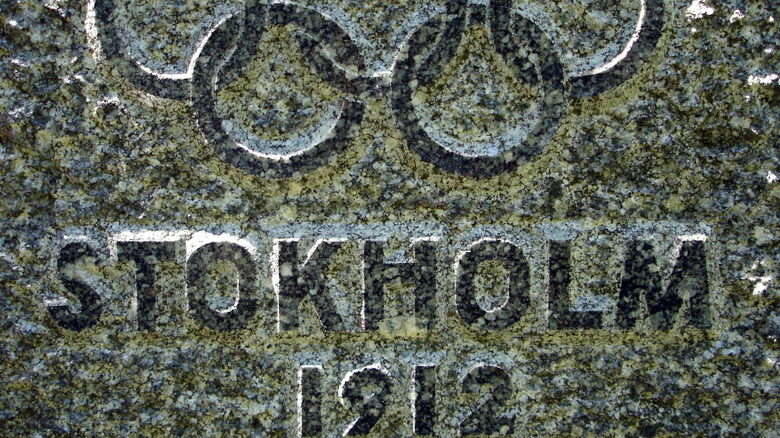
Francisco Lazaro: The Truth About The Runner Who Died At The Olympics

What's The Song In The Corona Seltzer Super Bowl Commercial?
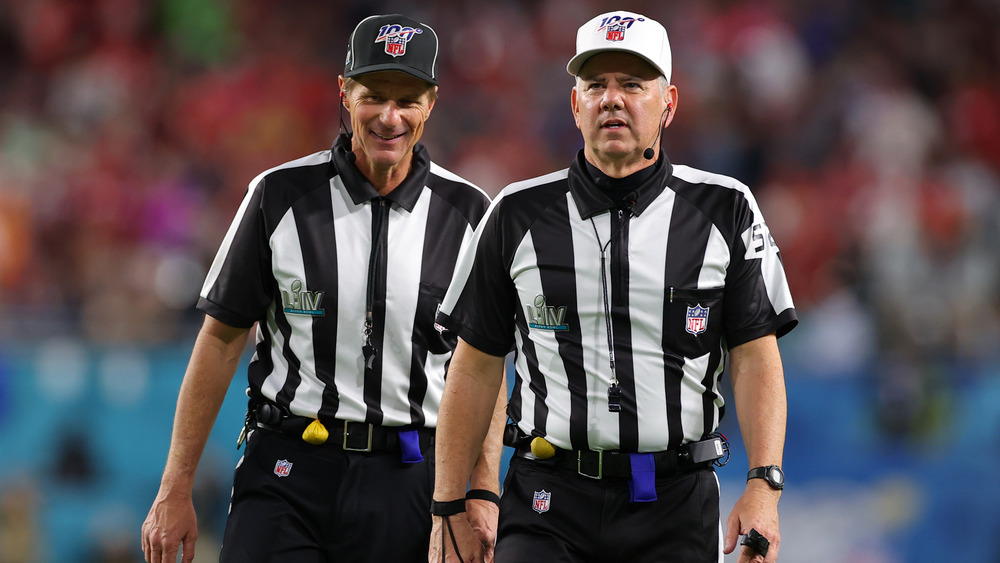
Here's How Much Super Bowl Refs Really Get Paid
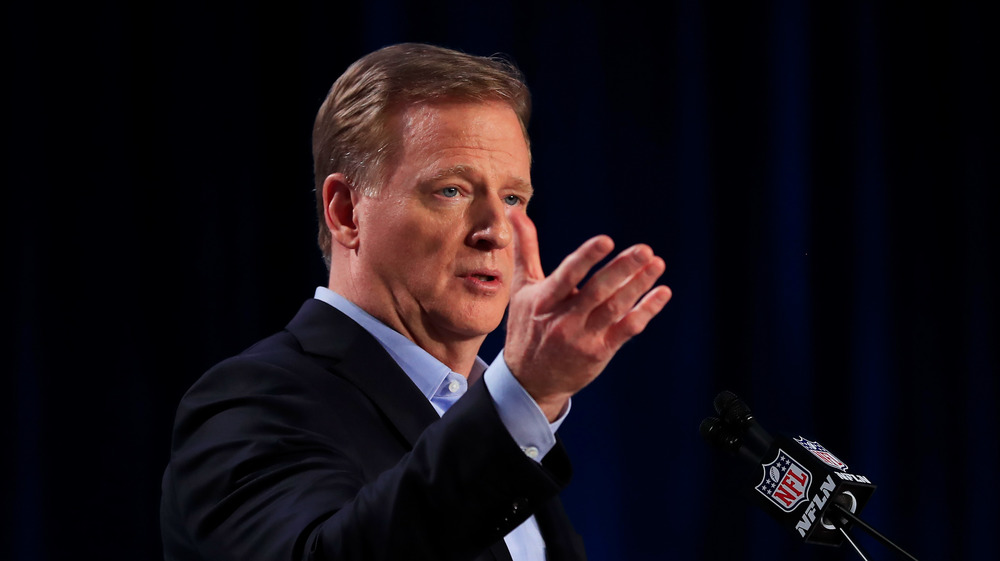
Roger Goodell's Net Worth Is Way Higher Than You Think

The Disturbing Sport You've Never Heard Of
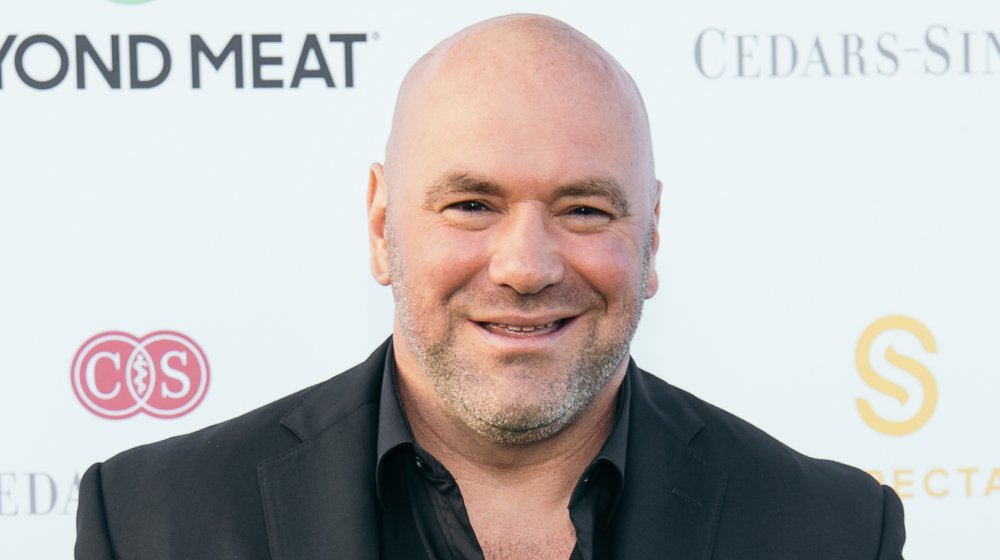
The Untold Truth Of Dana White's Wife, Anne
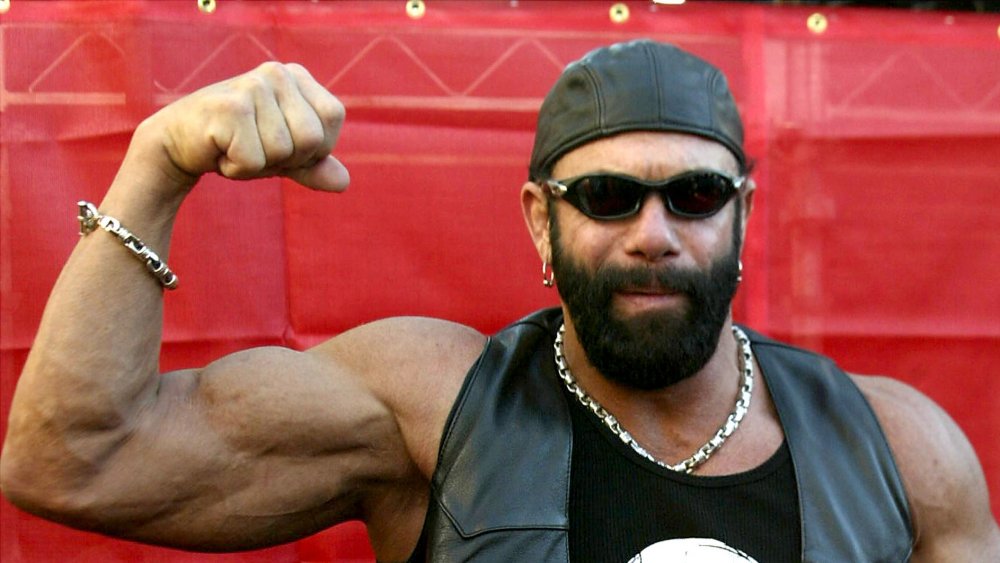
Here's How Much Money Randy Savage Was Worth When He Died

The Youngest Gold Medalists At The Olympic Games

Interviews That Athletes Walked Out Of
